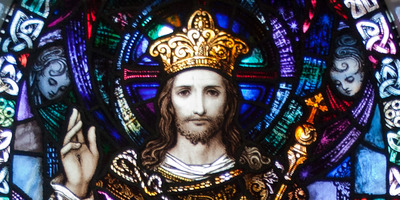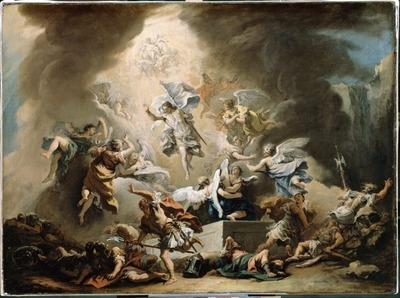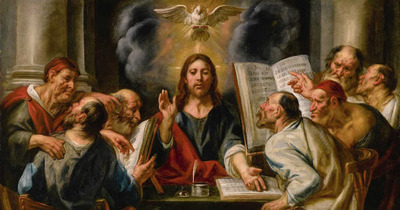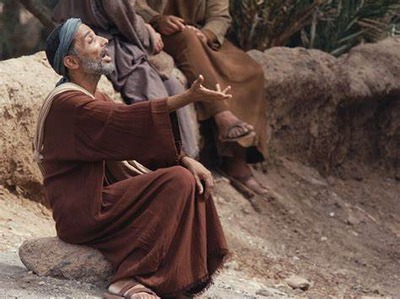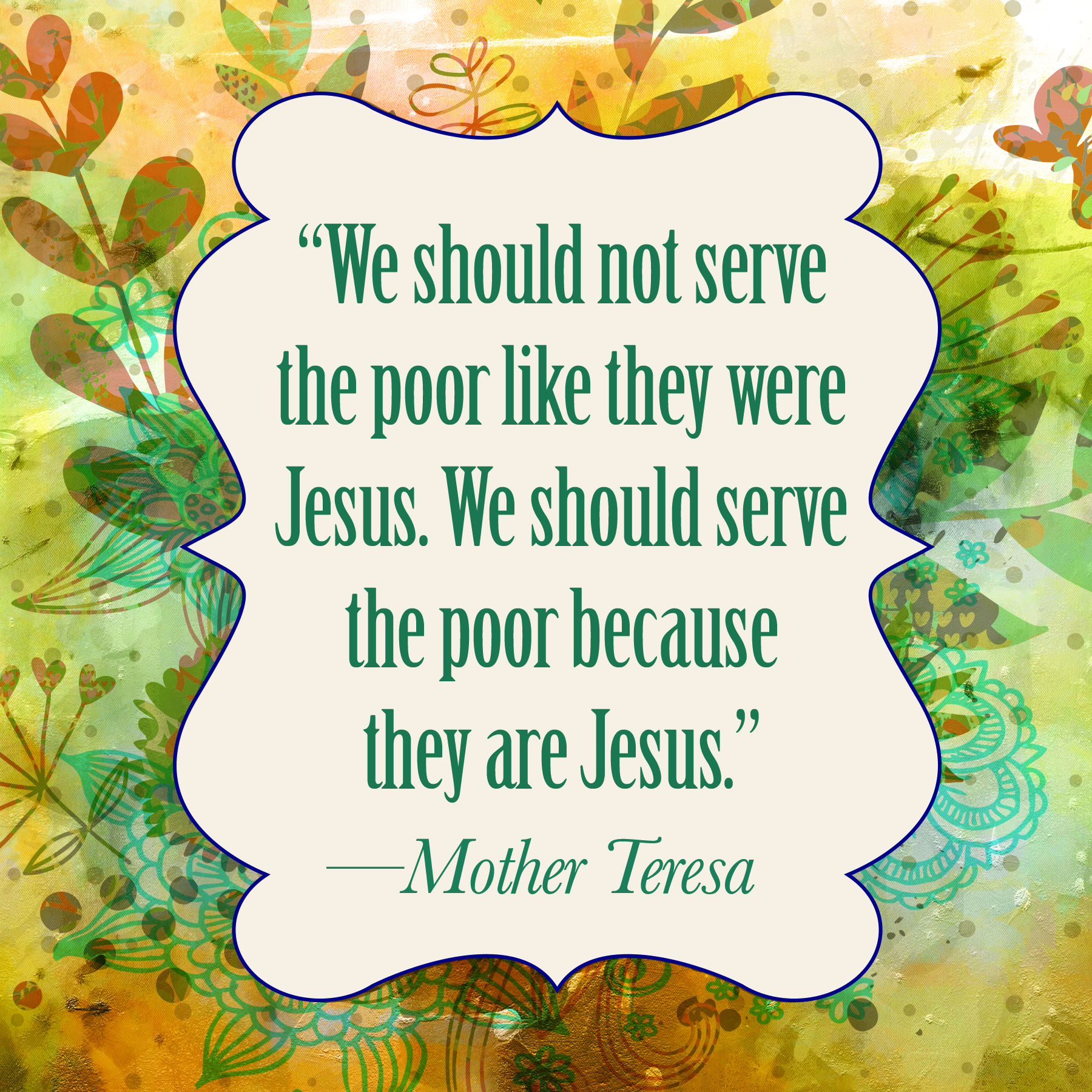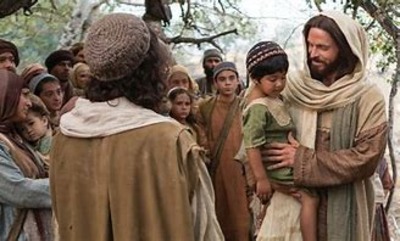October 27, 2024
|by N W
|
1 Comments
|
Deacon Mark, Evangelization, Family, Holy Spirit, Life, Mission, Wisdom
Thirtieth Sunday in Ordinary Time
October 27, 2024 — Year B
Readings: Jer 31:7-9 / Ps 126 / Heb 5:1-6 / Mk 10:46-52
by Rev. Mr. Mark De La Hunt, Permanent Deacon
Today I will continue to preach on the theme of evangelization in accord with the third year of the Eucharistic Revival, which is focused on mission. And since part of our mission is to vote in harmony with our Heavenly Father’s will and purpose, I will take some time to look at the upcoming elections through God’s eyes.
In today’s gospel, “Jesus stopped and said, ‘Call him.’” (Mk 10:49) Jesus is ever on the move, but He stops when someone calls out to Him in humility: “Have pity on me.” He also commands us to bring those people to Him: “Call him.” Is Jesus commanding you to call someone to Him? If so, will you “spring up” and follow Jesus that way?
Your answer to these questions has much to do with whether or not you are aware of the Holy Spirit in you, whom you received at your baptism and to the degree that you have intentionally opened the Holy Spirit’s gifts that were given to you in Confirmation. Let’s start with the gift of Knowledge.
The gift of Knowledge is to truly know God. Jeremiah reveals God’s heart to us in today’s first reading. God speaks tenderly to His people, whose country has fallen into ruin. “I will gather them from the ends of the world…They departed in tears, but I will console them…I will lead them to brooks of water, on a level road… (and those astonishing words) for I am a father.” (Jer 31:8-9) As Chris Tomlin’s song says, “You’re a good, good Father. It’s who You are.” Knowing this is true and remains true even when we have messed up terribly, enables us to emulate Bartimaeus, to hear Jesus’ call and to spring up and follow Him when we do.
Two other gifts of the Holy Spirit can be seen in Psalm 126, Wisdom and Fortitude. Psalm 126 speaks of God’s people, “Although they go forth weeping, carrying the seed to be sown, they shall come back rejoicing.” (Ps 126:8) Through the Holy Spirit, we can persevere through difficulties, tiredness, and fears that can bring us to tears. This is Fortitude.
Fortitude enables us, in trying situations, to hang in there, so that we can use the gift of Wisdom. Wisdom helps us to see others as God the Father sees them. We see this playing out in the gospel. Jesus told his followers to call Bartimaeus. But they were only able to do so, because Jesus removed their blindness first, so that they could see Bartimaeus as God does, not as an annoying blind beggar on the side of the road, but (gift of Wisdom) as a beloved child. And because they evangelized as Jesus commanded, God opened Bartimaeus’s eyes, and he began to follow Jesus too. In the Spirit, we sow the seed of the good news of the gospel. And when those people who hear us, like Bartimaeus, join our faith family here, that is a great day! This Psalm shows the hope of us as evangelists, carrying God’s Word to a hurting and lost world.
When evangelizing, as Jesus commanded his followers to do in the gospel saying, “Call him,” we should combine the Spirit’s gifts of Wisdom and Understanding. Understanding helps us to share the Faith’s truths with confidence and humility. The reading from Hebrews says, “He is able to deal patiently with the ignorant and erring, for he himself is beset by weakness…No one takes this honor upon himself but only when called by God.” (Heb 5:2) This is not written only for deacons, priests, and bishops, but for all the baptized.
The gospel too speaks of being called. Mary Healy describes chapter 10 of Mark’s gospel as being “all about Jesus opening the eyes of His disciples to His messianic mission and their call to follow Him.” (Healy 210) Bartimaeus shows us how to hear Jesus’ call in five steps:
1) Hang out where Jesus will be (Mass & Bible).
2) Call out to Him with humility as a beggar (Prayer).
3) Seek the help of His followers (Parishioners).
4) Repent and let Him change you (Confession & Eucharist).
5) Spring up and follow Him (Care for those in need and call them to Jesus…words are necessary).
The purpose of our Catholic faith is mission: a mission to evangelize, empowered by the Holy Spirit. He has given the baptized and confirmed seven gifts that enable us to share our faith effectively. (Is 11:1-2) However, for us to effectively evangelize inside and outside these walls, we must be free, which brings me to the upcoming elections.
They are important, because our freedom to follow our God-given conscience is being eroded (Little Sisters of the Poor vs. State of New York). I am not going to tell you who to vote for, but I am going to speak from the wisdom and heart of the Church, so that our votes are informed by our conscience, where the Holy Spirit speaks to us.
It is said that we should not vote on a single issue. Using the Holy Spirit’s gift of Understanding, which enables us to see through falsehoods, I would call that a false teaching. Here is one way to think about it. If a doctor discovers you have cancer, does that doctor dilute their treatment of it so that they can also focus on your bunions and allergies? No. They focus everything on that cancer, because they know it can spread and damage organs and bones and eventually bring death. So too, there is a single issue that spreads like cancer in our society. It is secular humanism.
Secular humanism is a deadly belief that we can solve all our problems, that there is no God, that we are accidents of evolution. This means there is no absolute moral standard and that human beings are not made for an amazing purpose by a loving God. Laws have been passed, are being passed, and are being proposed that impose this falsehood on our society.
Within secular humanism, humans, like gods, decide who lives and who dies…when people are too weak to defend themselves. The list of these defenseless people includes babies, prisoners, the elderly, the sick, and the despairing. These unjust laws communicate that human life is not sacred, that people are tools to be used as long as they are productive and can give us what we want, and that some people cannot be redeemed from the wrongs they have committed.
This secular-humanistic belief spreads from legalizing the taking of human life to other parts of society like cancer spreads to other organs and the bones. Secular humanists say, “If we can take human life like God, then we, like God, can define marriage. It can be between two men or two women.” They are blind to how all of creation cries out that is false.
Marriage is to society what bones are to the human body. It gives society a foundation upon which communities grow strong and thrive. In marriage between one man and one woman, society becomes life giving (children), and within a family people learn to serve out of love for one another.
When secular humanists define marriage as being two people of the same sex, they open the door to redefining what a man or woman is. They say to themselves, “If we can define marriage to be between two people of the same sex, then why not choose our sex?” Thus, this cancerous belief spreads through laws that support this choice. Maybe no other choice more explicitly declares that God does not exist, and that if He does, He makes mistakes. And, not only can a person choose their sex, but they can punish those who follow their God-given conscience and refuse to recognize and celebrate that lie. Again, all of creation cries out that the ability to choose your sex is a false teaching.
Our votes need to support those who will best protect the truth that God is God, and we are not, that He alone decides when a person’s life is over, that He alone decides if we are male or female, that He alone defines marriage, and that He defined it as between one man and one woman. We see these truths throughout creation. We do not need a bible to know they are true. (Rom 1:20)
We can kind of sum this up like this: God is a good, good Father. And His children vote for life not death, for fruitful love not sterility, and for the wonderful gift of our manhood and womanhood, not confusion and despair.
You see, cancerous beliefs like secular humanism are not the only thing that spreads. Where sin abounds, grace abounds much more. (Rom 5:20) Love, life, and truth spread so much more effectively than falsehoods, for all people are made for Jesus, who is the way and the truth and the life. (John 14:6) So be bold in hope and share your faith and vote for the truth. We were made by God and for God, and it is only in our relationship with Him that we find true joy and peace. Amen.
Citations
- Mary Healy STD. Catholic Commentary on Sacred Scripture, The Gospel of Mark. Baker Academic 2008.
KEEP READING
 540-586-8988
540-586-8988 

